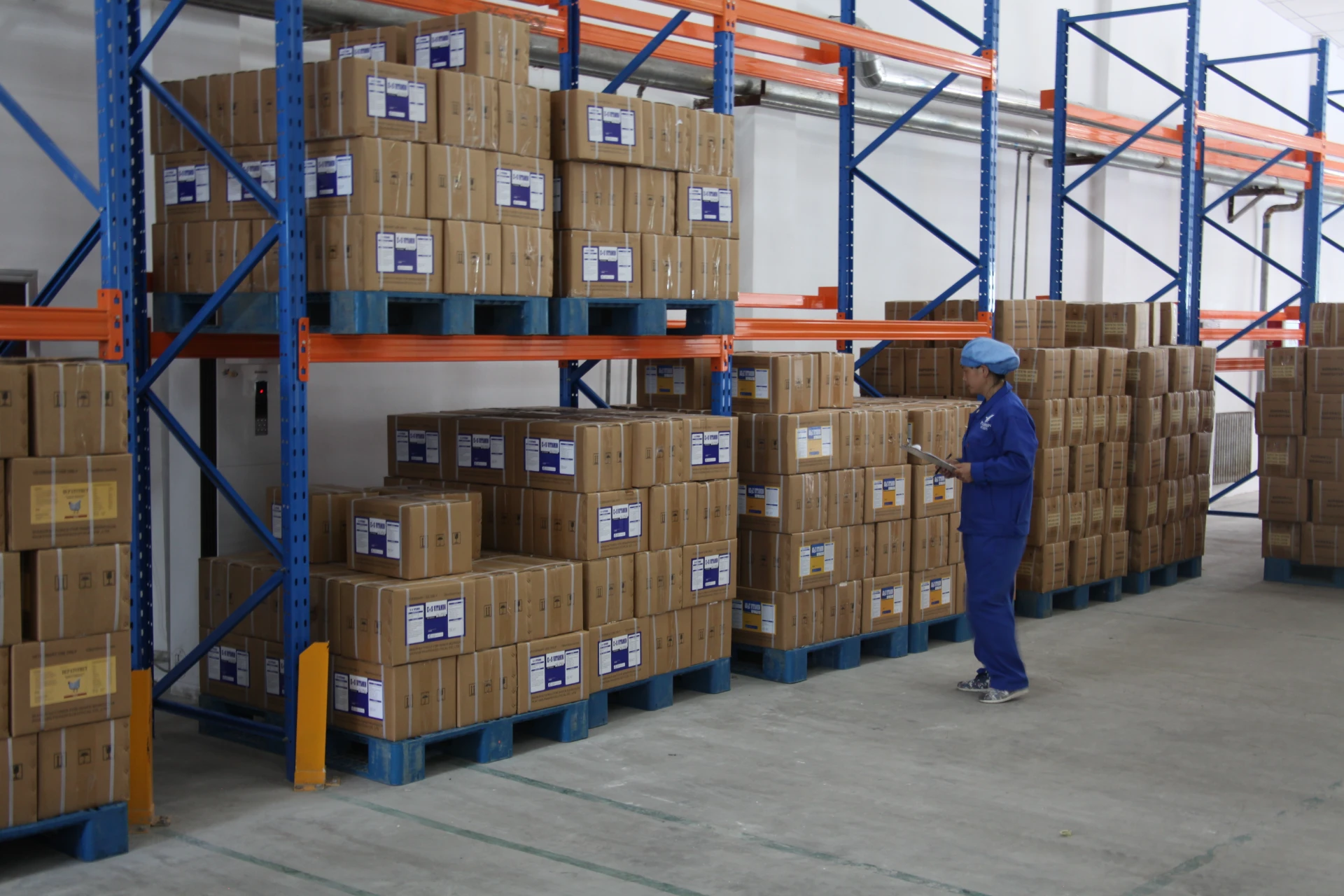- Afrikaans
- Albanian
- Amharic
- Arabic
- Armenian
- Azerbaijani
- Basque
- Belarusian
- Bengali
- Bosnian
- Bulgarian
- Catalan
- Cebuano
- Corsican
- Croatian
- Czech
- Danish
- Dutch
- English
- Esperanto
- Estonian
- Finnish
- French
- Frisian
- Galician
- Georgian
- German
- Greek
- Gujarati
- Haitian Creole
- hausa
- hawaiian
- Hebrew
- Hindi
- Miao
- Hungarian
- Icelandic
- igbo
- Indonesian
- irish
- Italian
- Japanese
- Javanese
- Kannada
- kazakh
- Khmer
- Rwandese
- Korean
- Kurdish
- Kyrgyz
- Lao
- Latin
- Latvian
- Lithuanian
- Luxembourgish
- Macedonian
- Malgashi
- Malay
- Malayalam
- Maltese
- Maori
- Marathi
- Mongolian
- Myanmar
- Nepali
- Norwegian
- Norwegian
- Occitan
- Pashto
- Persian
- Polish
- Portuguese
- Punjabi
- Romanian
- Russian
- Samoan
- Scottish Gaelic
- Serbian
- Sesotho
- Shona
- Sindhi
- Sinhala
- Slovak
- Slovenian
- Somali
- Spanish
- Sundanese
- Swahili
- Swedish
- Tagalog
- Tajik
- Tamil
- Tatar
- Telugu
- Thai
- Turkish
- Turkmen
- Ukrainian
- Urdu
- Uighur
- Uzbek
- Vietnamese
- Welsh
- Bantu
- Yiddish
- Yoruba
- Zulu
दिसम्बर . 04, 2024 17:52 Back to list
importance of animal nutrition in animal production
The Importance of Animal Nutrition in Animal Production
Animal nutrition plays a crucial role in the field of animal production, impacting not only the health and welfare of the animals themselves but also the economic viability of the agricultural industry as a whole. With the increasing global demand for animal products, such as meat, milk, and eggs, understanding the principles of animal nutrition has never been more vital. This article explores the significance of proper animal nutrition and its implications for sustainable animal production.
At the core of animal production is the relationship between nutrition and the growth, reproduction, and overall health of livestock. Just like humans, animals require a balanced diet that provides essential nutrients, including proteins, carbohydrates, fats, vitamins, and minerals. These nutrients are necessary for various bodily functions, including metabolism, immune response, and bone development. A deficiency or imbalance in any of these nutrients can lead to suboptimal growth, reproductive issues, and increased susceptibility to diseases.
One of the primary benefits of good animal nutrition is improved productivity. Well-nourished animals tend to exhibit better growth rates, higher feed conversion efficiency, and enhanced reproductive performance. For instance, cattle that receive adequate protein and energy in their diet can digest feed more effectively, leading to greater weight gain and higher milk production in dairy cows. Similarly, poultry that are provided with balanced diets show increased egg production and better egg quality. Therefore, by investing in proper nutrition, farmers can significantly enhance their output and economic returns.
Furthermore, adequate nutrition is instrumental in maintaining animal welfare. Animals subjected to poor nutritional regimes often experience stress and illnesses, which can lead to behavioral problems and reduced quality of life. Stress can also result in reduced productivity and profitability for livestock operations. By ensuring that animals receive a nutritious and balanced diet, farmers can promote better health and well-being, reducing the need for veterinary interventions and medical treatments.
importance of animal nutrition in animal production

In addition to operating on an individual level, animal nutrition has broader implications for environmental sustainability. The livestock industry is a significant contributor to greenhouse gas emissions, land degradation, and water consumption. Efficient feeding practices can help minimize these impacts by optimizing the nutritional value of feed and reducing waste. For example, feed formulations that maximize nutrient absorption can lead to lower feed usage and subsequently reduce the ecological footprint of animal farming. Furthermore, incorporating by-products from other industries into animal diets can enhance nutrient use efficiency while minimizing feed costs and waste.
The rise of alternative protein sources, such as insects and plant-based feeds, has also highlighted the importance of nutrition in adapting to changing consumer preferences and environmental challenges
. These innovative feed sources can offer a sustainable solution to traditional livestock nutrition, contributing to reduced dependence on conventional grains and promoting better resource management in animal production.Continual research in the field of animal nutrition is essential for adapting to the challenges facing modern agriculture. Advances in nutritional science help to improve our understanding of the specific dietary needs of various species under different production systems. Precision nutrition, tailored feeding practices, and the development of functional feeds are just a few areas of focus that have the potential to revolutionize animal production.
In conclusion, the importance of animal nutrition in animal production cannot be overstated. Proper nutrition not only enhances the productivity and profitability of livestock operations but also contributes to animal welfare and environmental sustainability. As the global demand for animal products continues to grow, ensuring that animals receive optimal nutrition will be critical for meeting market needs while promoting responsible agricultural practices. By prioritizing animal nutrition, farmers can lay the foundation for a more sustainable and resilient animal production system that benefits animals, producers, and consumers alike.
-
Guide to Oxytetracycline Injection
NewsMar.27,2025
-
Guide to Colistin Sulphate
NewsMar.27,2025
-
Gentamicin Sulfate: Uses, Price, And Key Information
NewsMar.27,2025
-
Enrofloxacin Injection: Uses, Price, And Supplier Information
NewsMar.27,2025
-
Dexamethasone Sodium Phosphate Injection: Uses, Price, And Key Information
NewsMar.27,2025
-
Albendazole Tablet: Uses, Dosage, Cost, And Key Information
NewsMar.27,2025













